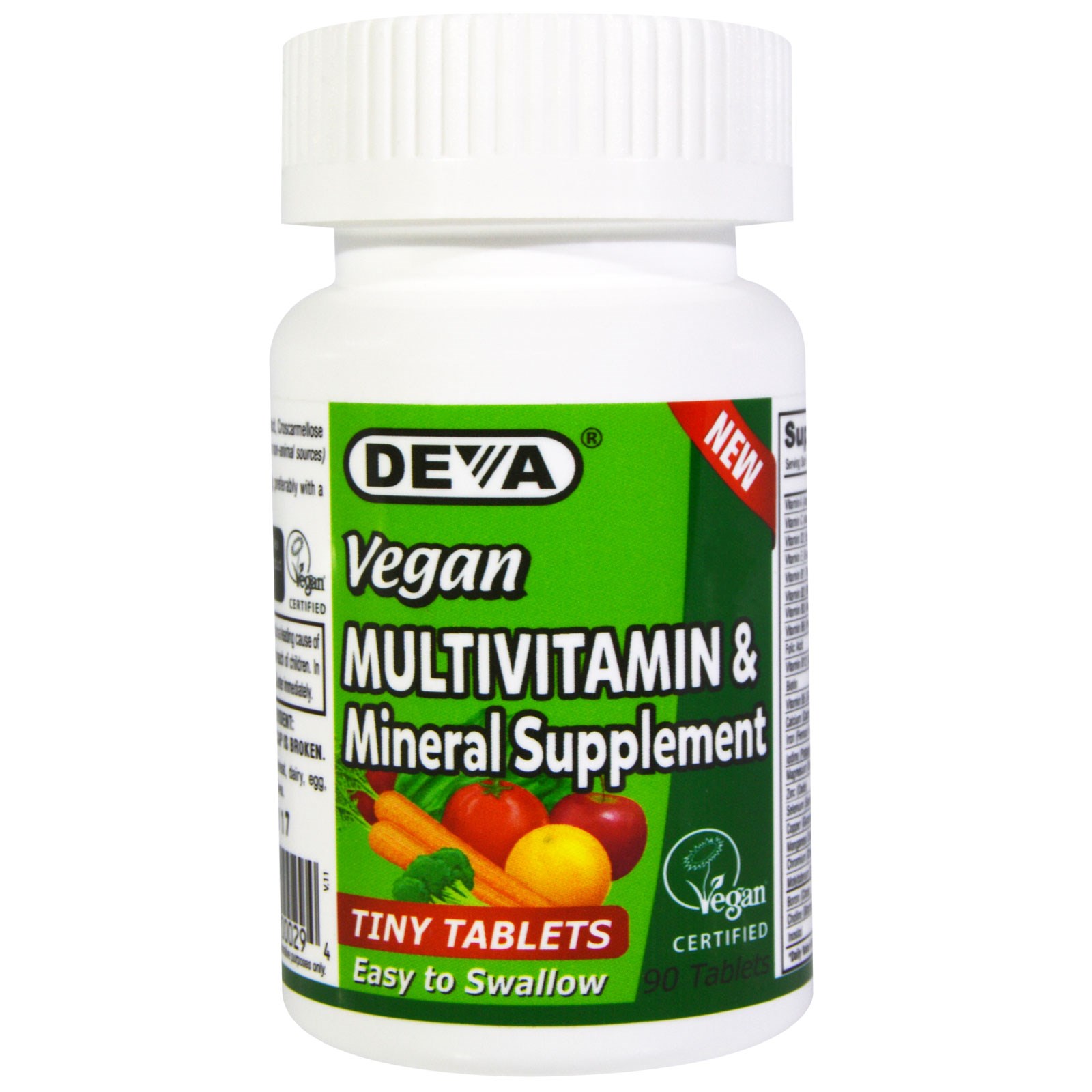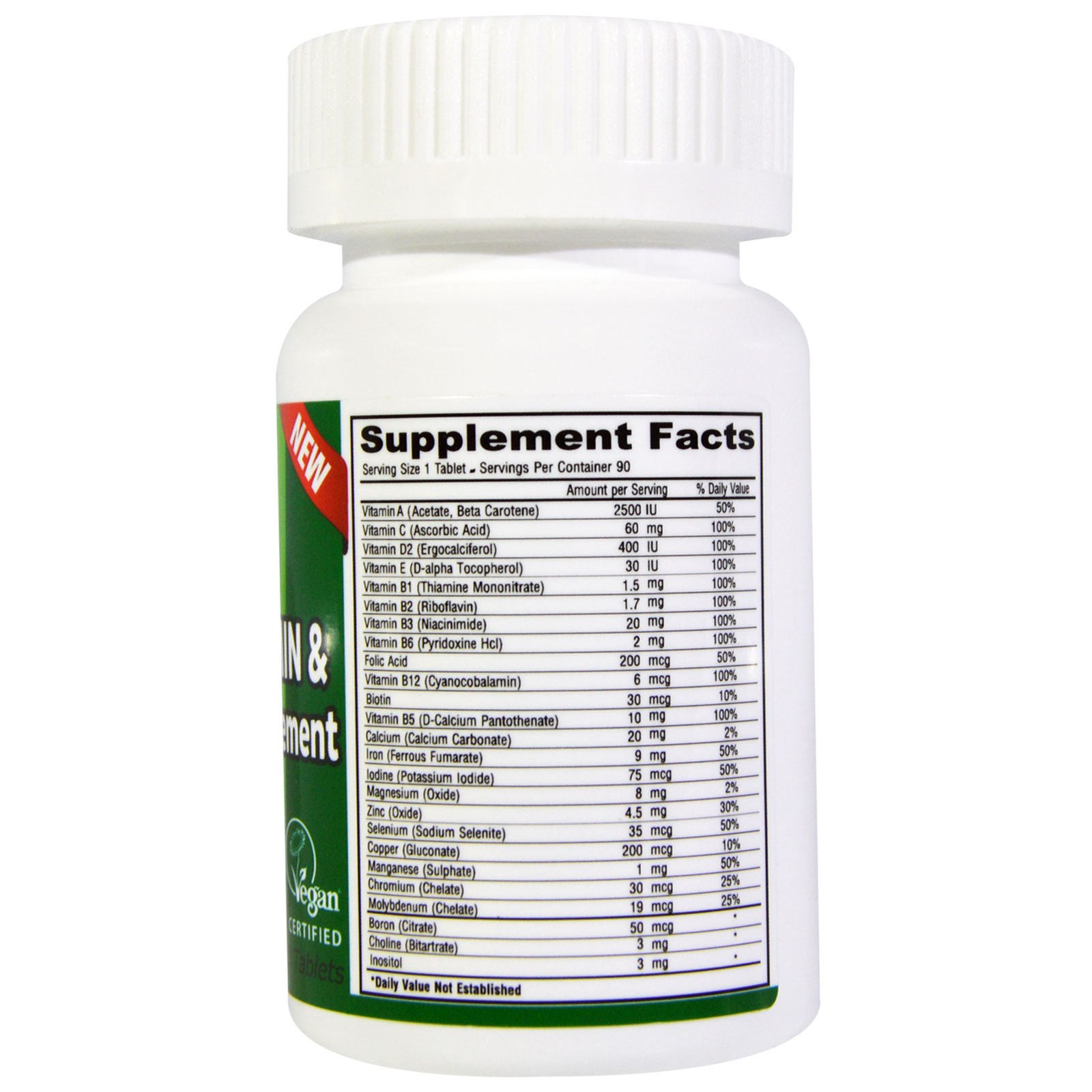| Vitamin A | Vitamin A, also called retinol, helps your eyes adjust to light changes when you come in from outside and also helps keep your eyes, skin and mucous membranes moist. |
|---|
| Vitamin C | Vitamin C is an antioxidant found in fruits and vegetables. It is important for your skin, bones, and connective tissue. It promotes healing and helps the body absorb iron. |
|---|
| Vitamin D2 | Vitamin D is also used for treating weak bones, bone pain, bone loss in people with a condition called hyperparathyroidism, and an inherited disease in which the bones are especially brittle and easily broken. |
|---|
| Vitamin E | Vitamin E is an important vitamin required for the proper function of many organs in the body. It is also an antioxidant. This means it helps to slow down processes that damage cells. |
|---|
| Vitamin B1 | Vitamin B1 also known as Thiamine or Thiamin is a water-soluble vitamin, it is part of the B vitamin family. B vitamins support adrenal function, help calm & maintain a healthy nervous system, and are key for metabolic processes. |
|---|
| Vitamin B2 | VitaminB2 is used for preventing low levels of vitaminB2 (riboflavin deficiency), cervical cancer, and migraine headaches. It is also used for treating riboflavin deficiency, acne,muscle cramps, burning feet syndrome, carpal tunnel syndrome, and blood disorderssuch as congenital methemoglobinemia and red blood cell aplasia. |
|---|
| Vitamin B3 | As a member of B-complex vitamins, niacin aids in the normal functioning of the human digestive system, promoting a healthy appetite, properly functioning nerves, and a glowing skin. Vitamin B3 is used by your body to turn food into energy. |
|---|
| Vitamin B6 (Pyridoxine HCl) | Maintain normal nerve function |
|---|
| Folic Acid | Folic acid helps your body produce and maintain new cells, and also helps prevent changes to DNA that may lead to cancer. Folic acid is needed for the proper development of the human body. It is also used to prevent heart disease |
|---|
| Vitamin B12 | Vitamin B12 is applied to the skin either alone or in combination with avocado oil for psoriasis and eczema. |
|---|
| Biotin | Biotin, also known as Vitamin B7 and Vitamin H is used in treating and preventing hair loss, brittle nails, skin rash in infants, diabetes, and mild depression. |
|---|
| Vitamin B5 (D-Calcium Pantothenate) | Like all B complex vitamins, B5 helps the body convert food into energy. B5 is naturally found in many food sources. “Pantothenic,” in fact, means “from everywhere,” because the vitamin is available in so many food sources. |
|---|
| Calcium | Calcium is a mineral that is an essential part of bones and teeth. The heart, nerves, and blood-clotting systems also need calcium to work. |
|---|
| Iron (Ferrous Fumarate) | As a component of myoglobin, a protein that provides oxygen to muscles, iron supports metabolism. |
|---|
| Iodine (Potassium Iodide) | Iodine reduces thyroid hormone and can kill fungus, bacteria, and other microorganisms such as amoebas. A specific kind of iodine called potassium iodide is also used to treat (but not prevent) the effects of a radioactive accident. |
|---|
| Magnesium (Oxide) | Magnesium is an element your body needs to function normally. Magnesium oxide may be used for different reasons. Some people use it as an antacid to relieve heartburn, sour stomach, or acid indigestion. Magnesium oxide also may be used as a laxative for short-term, rapid emptying of the bowel (before surgery, for example). It should not be used repeatedly. Magnesium oxide also is used as a dietary supplement when the amount of magnesium in the diet is not enough. Magnesium oxide is available without a prescription. |
|---|
| Zinc | Zinc is used for boosting the immune system, treating the common cold and recurrent ear infections, and preventing lower respiratory infections. |
|---|
| Selenium (Sodium Selenite) | Making special proteins, called antioxidant enzymes, which play a role in preventing cell damage |
|---|
| Copper | Copper is also used for improving wound healing, and treating osteoarthritis and brittle bones (osteoporosis). |
|---|
| Manganese | Manganese is an essential nutrient involved in many chemical processes in the body, including processing of cholesterol, carbohydrates, and protein. |
|---|
| Chromium | Chromium helps to move blood sugar (glucose) from the bloodstream into the cells to be used as energy and to turn fats, carbohydrates, and proteins into energy. |
|---|
| Molybdenum (Chelate) | Molybdenum works in the body to break down proteins and other substances. Molybdenum deficiency is very uncommon. |
|---|
| Boron | Boron is used for building strong bones, treating osteoarthritis, as an aid for building muscles and increasing testosterone levels, and for improving thinking skills and muscle coordination. |
|---|
| Choline | Choline is taken by pregnant women to prevent neural tube defects in their babies and it is used as a supplement in infant formulas. Choline is used for liver disease, including chronic hepatitis and cirrhosis. |
|---|
| Inositol | Inositol is a vitamin-like substance. |
|---|
| Cellulose | Cellulose provides structure and strength to the cell walls of plants and provides fiber in our diets. Although some animals, such as ruminants, can digest cellulose, humans cannot. |
|---|
| Vegetable stearic acid | Stearic acid is one of many fatty acids that occur naturally in various plants and animal derivatives. |
|---|
| Croscarmellose sodium | Rapid disintegrator in pharmaceutical formulations for tablets, capsules and granules. |
|---|
| Vegetable magnesium stearate | Magnesium stearate is used in dietary supplements because your body can easily convert it into monounsaturated fat–of the kind found in olive oil—and it does not raise levels of harmful cholesterol in your bloodstream, says WorldwideHealth.com. |
|---|
| Silica | Increasing bone mineral density when obtained from foods. |
|---|



Reviews
There are no reviews yet.